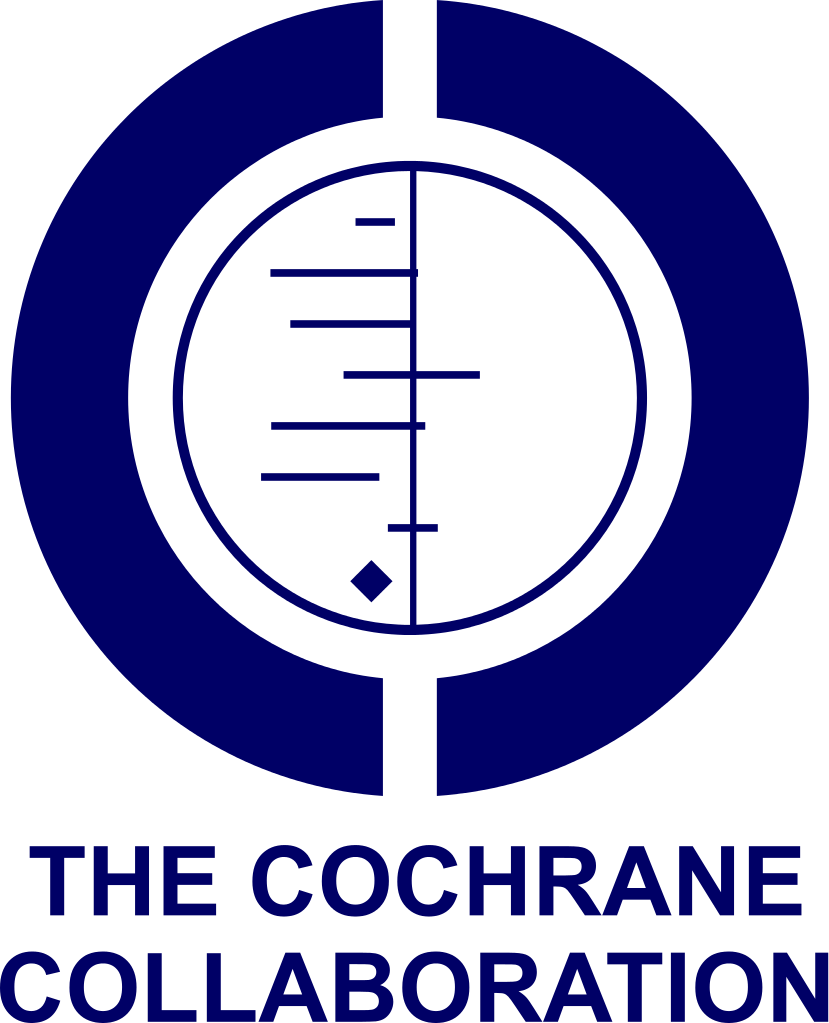
A second systematic review of a diagnostic test for tuberculosis (TB) endorsed by the World Health Organisation (WHO), has confirmed the accuracy of the test. The updated review assessing the accuracy of Xpert® MTB/RIF includes new studies published since the original Cochrane Review was published in January last year. Led by Karen Steingart, an Editor with the Cochrane Infectious Diseases Group at LSTM, the researchers found that Xpert® MTB/RIF is more accurate than smear microscopy for diagnosing TB and also accurate for detecting rifampicin resistance. This updated Cochrane Review was one of three WHO reviews commissioned as part of the process to update the policy on the use of Xpert® MTB/RIF. The WHO policy is available at (http://www.stoptb.org/wg/gli/xpert.asp)
TB causes tremendous suffering worldwide, especially in low- and middle-income countries. Around 8.6 million people developed the disease for the first time in 2012 and 1.3 million people died. TB can be cured if the disease is diagnosed and properly treated.
Being able to detect TB and TB drug resistance is vital for improving health, reducing deaths and decreasing the spread of TB.
Xpert® MTB/RIF is a new test that quickly detects TB and resistance to rifampicin, one of the major drugs for treating the disease. Xpert® MTB/RIF is automated and can detect TB bacteria at low concentrations. In addition, the test does not require expert staff or an advanced laboratory. In contrast, smear microscopy, the most frequently used test for TB detection in resource-constrained settings requires TB bacteria to be present at high concentrations (thousands of bacteria) and does not diagnose drug resistance. Instead TB would have to be grown in a laboratory, which requires time and expert staff.
This updated review, involving around 9500 people, analysed data from an additional nine studies alongside the 18 included originally. Most of the studies were performed in low- or middle-income countries. The findings in the updated review are consistent with those reported previously.
The review found that for TB detection, Xpert® MTB/RIF was accurate (it was sensitive (89%), detecting almost all cases; and specific (99%) that is, not registering positive in people who were actually negative).
For rifampicin resistance detection, Xpert® MTB/RIF was accurate with sensitivity at 95% and specificity at 98%.
Xpert® MTB/RIF appeared to have similar accuracy in people with and without HIV infection.
Applying the findings of the review to an imaginary group of 1000 people who go to their doctor with symptoms, but where only 100 of them (10%) actually have TB, Xpert® MTB/RIF would diagnose 88 cases and miss 12, whereas smear microscopy would diagnose 65 cases and miss 35 cases.
Managing Editor of the Cochrane Infectious Diseases Group, Anne-Marie Stephani said: “Given the large number of studies that have assessed the accuracy of Xpert® MTB/RIF, the WHO Global TB Programme commissioned a review to summarize the evidence. This updated review, like the original, shows that Xpert® MTB/RIF is accurate for diagnosing TB and detecting rifampicin resistance, an indicator of multidrug-resistant TB. Xpert® MTB/RIF may be useful in many countries, particularly in low- and middle-income countries where TB is prevalent, as it does not require advanced laboratory facilities or expert staff.” She added, “The tests are expensive, so current research evaluating the use of Xpert® MTB/RIF in TB programmes in high TB burden settings will help evaluate how this investment may help start treatment promptly and improve patient health.”
Xpert® MTB/RIF assay for pulmonary tuberculosis and rifampicin resistance in adults, Karen R Steingart, Ian Schiller, David J Horne, Madhukar Pai, Catharina C Boehme and Nandini Dendukuri.